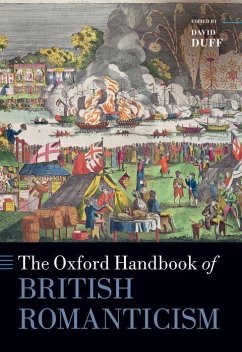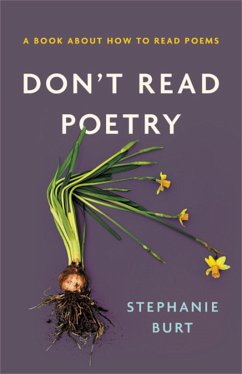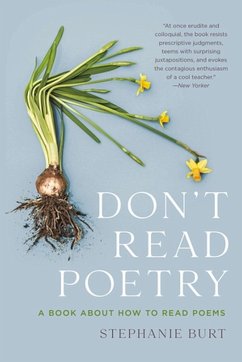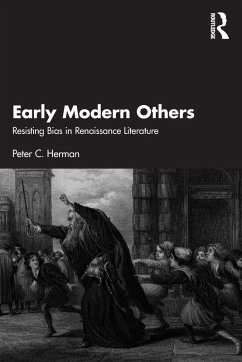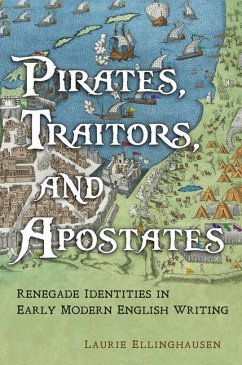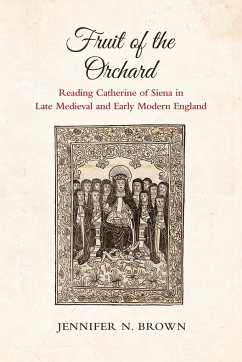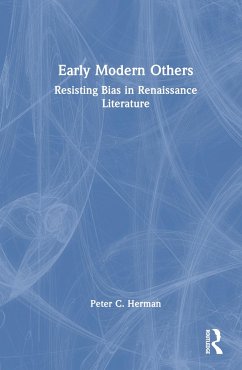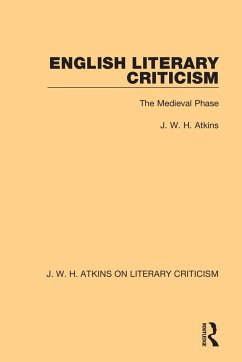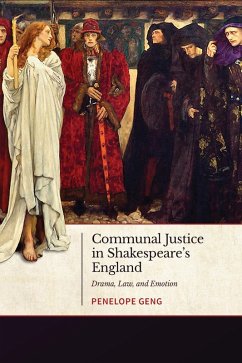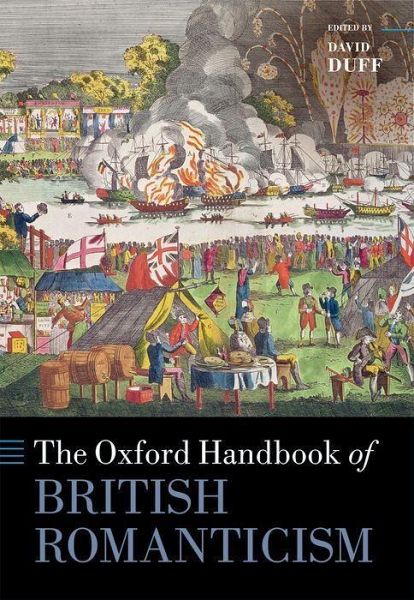
The Oxford Handbook of British Romanticism
Versandkostenfrei!
Versandfertig in über 4 Wochen
206,99 €
inkl. MwSt.

PAYBACK Punkte
103 °P sammeln!
This Handbook provides a comprehensive overview of British Romantic literature and an authoritative guide to all aspects of the movement including its historical, cultural, and intellectual contexts, and its connections with the literature and thought of other countries. All the major Romantic writers are covered alongside lesser known writers.



